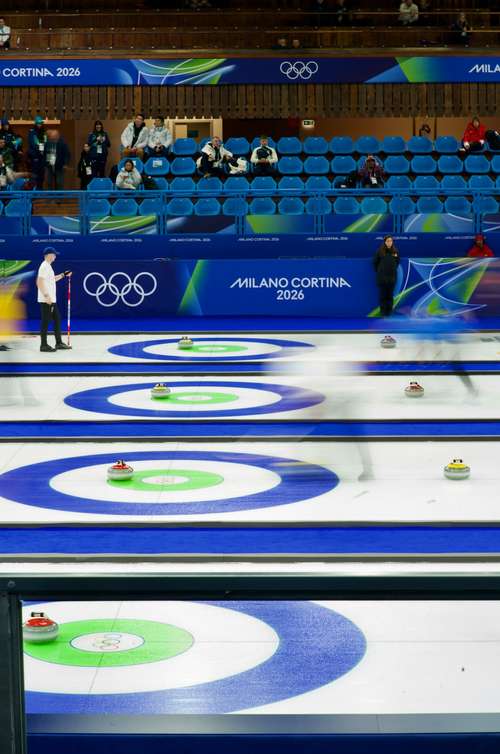The International Swimming Federation (FINA) has approved a new regulation prohibiting most transgender athletes from competing in elite women's aquatics competitions.
The new "gender inclusivity" policy was passed by FINA's world governing body on Sunday, when 71.5 percent of member federations voted in favor at the FINA Extraordinary General Congress 2022.
Male-to-female transgender athletes will only be eligible to compete in women's categories in FINA competitions if they transition before the age of 12 or before reaching stage two on the puberty Tanner Scale, according to the new gender inclusivity policy, which will take effect on June 20, 2022.
Athletes who have used testosterone as part of a female-to-male gender-affirming hormone treatment will only be allowed to compete in women's competitions if the testosterone was used for less than a year in total, the treatment did not occur during puberty, and testosterone levels in serum have returned to pre-treatment levels, according to the policy.
FINA has announced that it will form a new working group to design open category events for athletes who do not fulfill the governing body's qualifying criteria for men's or women's divisions as a result of the decision.
Swimming, water polo, diving, artistic swimming, open water swimming, and high diving are all governed by FINA.
"We have to protect the rights of our athletes to compete, but we also have to protect competitive fairness at our events, especially the women's category at FINA competitions," FINA President Husain Al-Musallam said.
"FINA will always welcome every athlete. The creation of an open category will mean that everybody has the opportunity to compete at an elite level. This has not been done before, so FINA will need to lead the way. I want all athletes to feel included in being able to develop ideas during this process."
The International Olympic Committee (IOC) issued its Framework on Fairness, Inclusion, and Non-Discrimination on the Basis of Gender Identity and Sex Variations in November 2021, stating that no athlete should be disqualified from competition based on the assumption of a gender advantage, and rejecting the notion that a testosterone proxy was sufficient to disqualify a woman from the women's category.
The International Federation of Sports Medicine and the European Federation of Sports Medicine Associations published a joint position statement contesting sections of the IOC's position several months later, in January 2022.
FINA responded by forming a working group to "consider the best available statistical, scientific, and medical evidence concerning sex differences in sports performance, and any associated male sex-based advantage," and use that information to establish eligibility criteria for transgender athletes, according to FINA.
The working group featured an athlete group that included transgender athletes and coaches, a science and medicine group, and a legal and human rights group, according to FINA.
When University of Pennsylvania swimmer Lia Thomas joined the school's men's swimming team in 2017, she finally switched to the women's squad in 2020, sparking a debate about transgender women in swimming.

The NCAA requires transgender athletes to complete one year of hormone replacement therapy before being authorized to compete at the time of her transition in 2019.
16 members of the University of Pennsylvania swim team wrote to the university and the Ivy League in February, urging them not to fight the NCAA's new transgender athlete participation standards, which would bar Thomas and other transgender athletes from competing. They claimed Thomas had a "unfair advantage" in the letter, and they indicated they supported her transition out of the pool but not necessarily in it.
Despite the uproar, Penn Athletics and the Ivy League stood by the transgender swimmer, and more than 300 current and past swimmers signed an open letter defending her ability to participate.
After winning the women's 500-yard freestyle event in March as a member of the women's team, Thomas became the first transgender athlete to win an NCAA Division I title.




